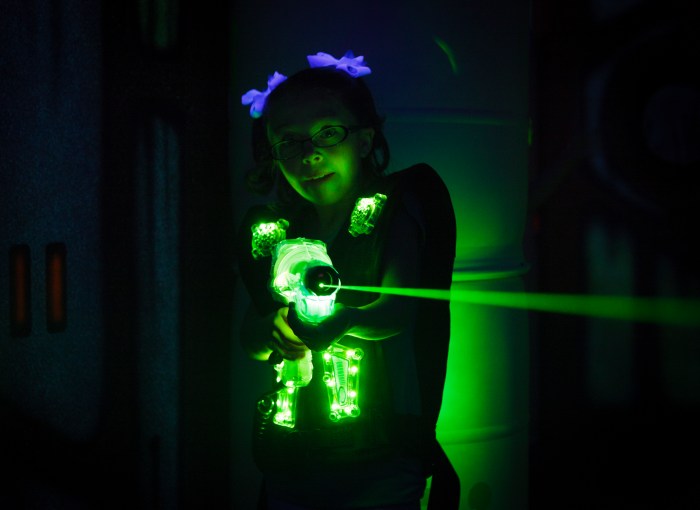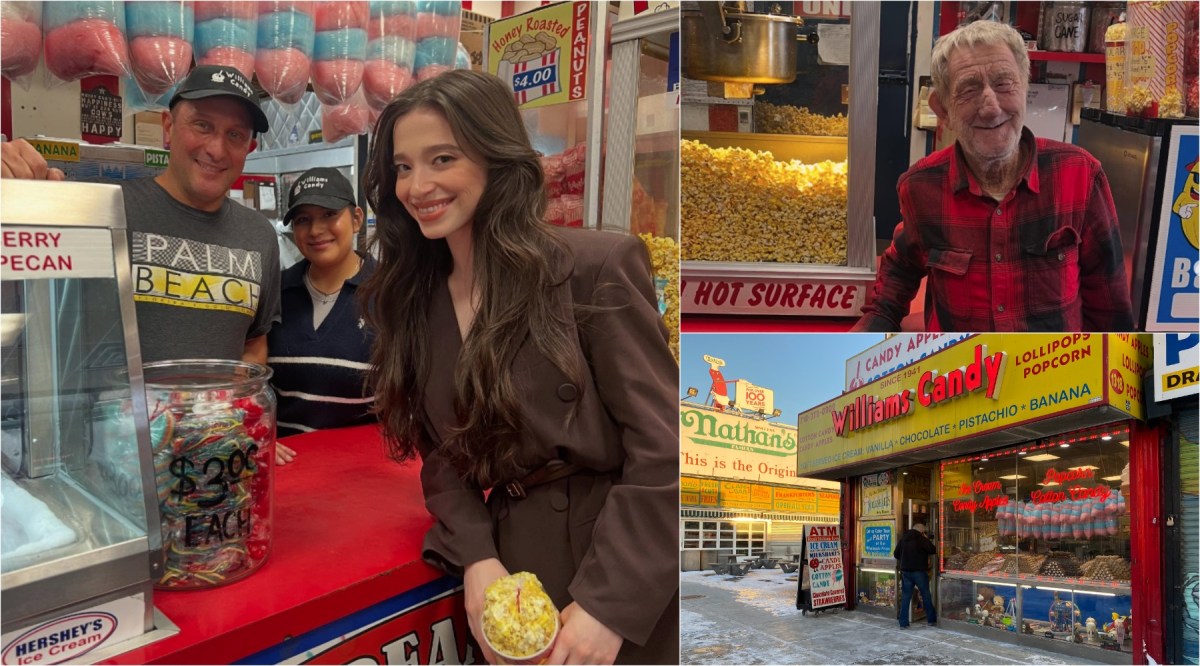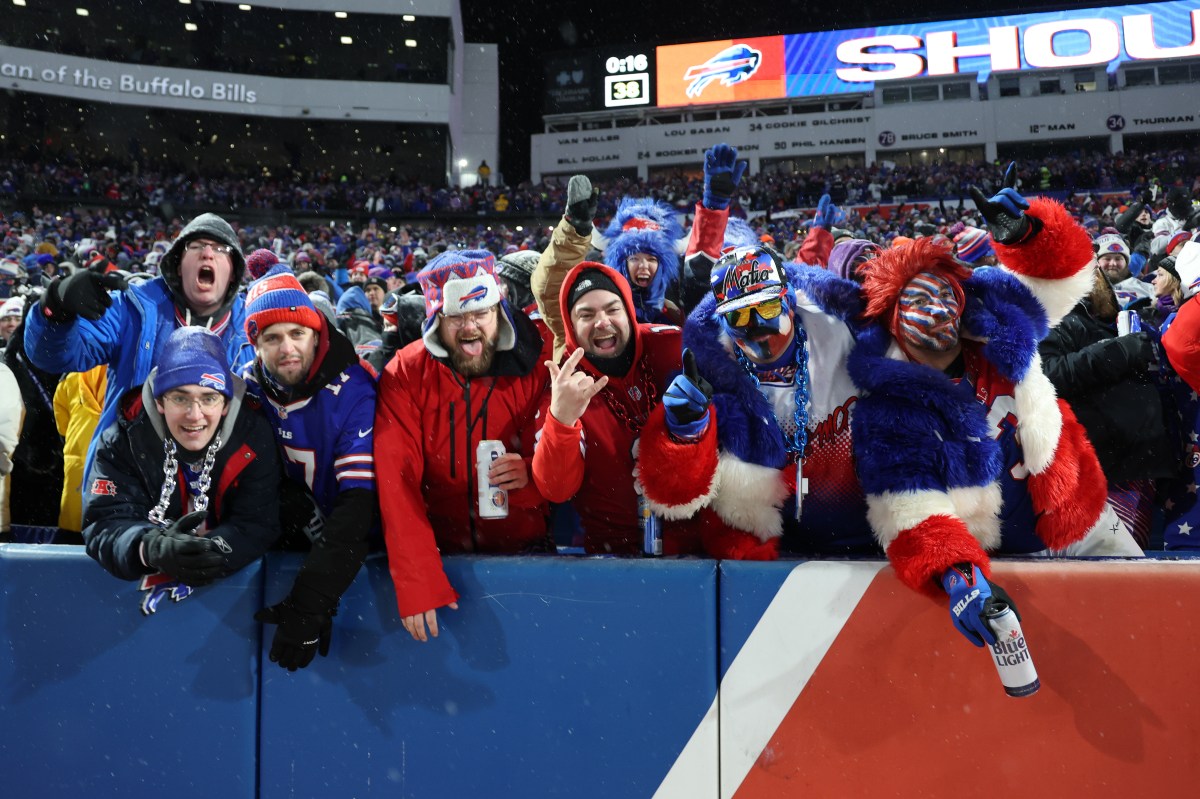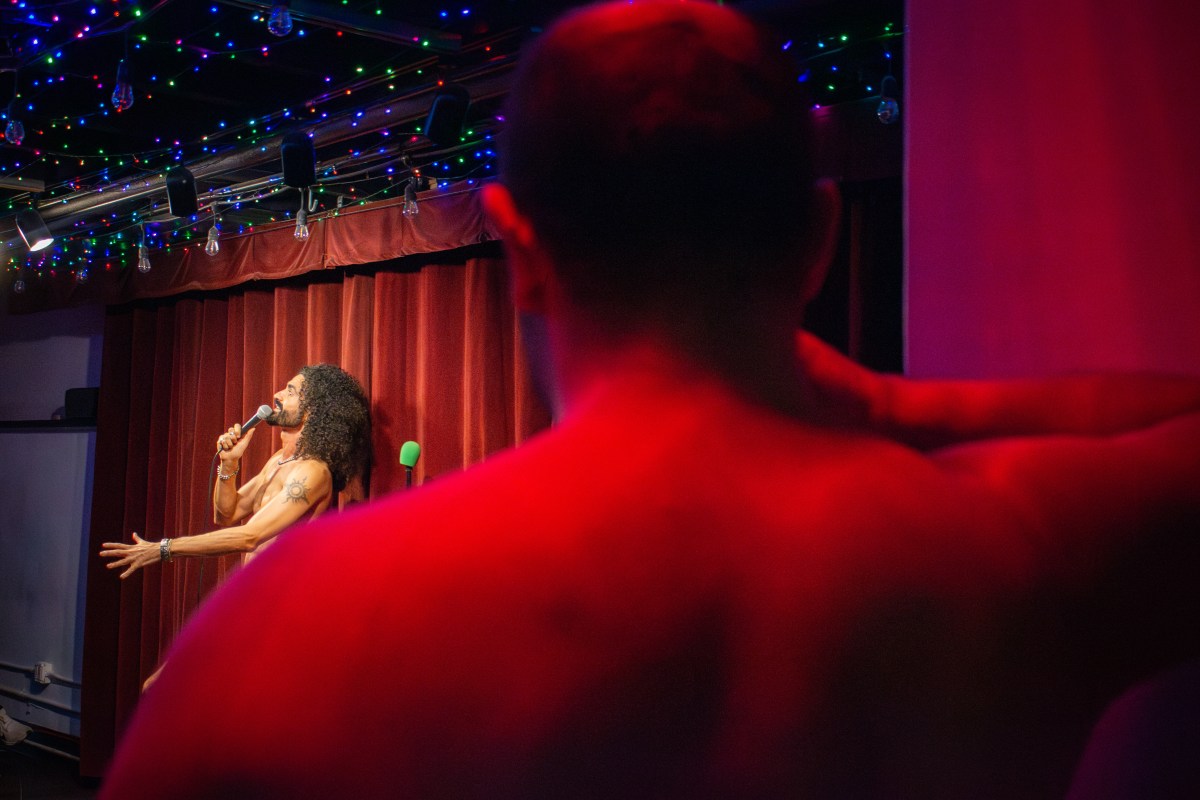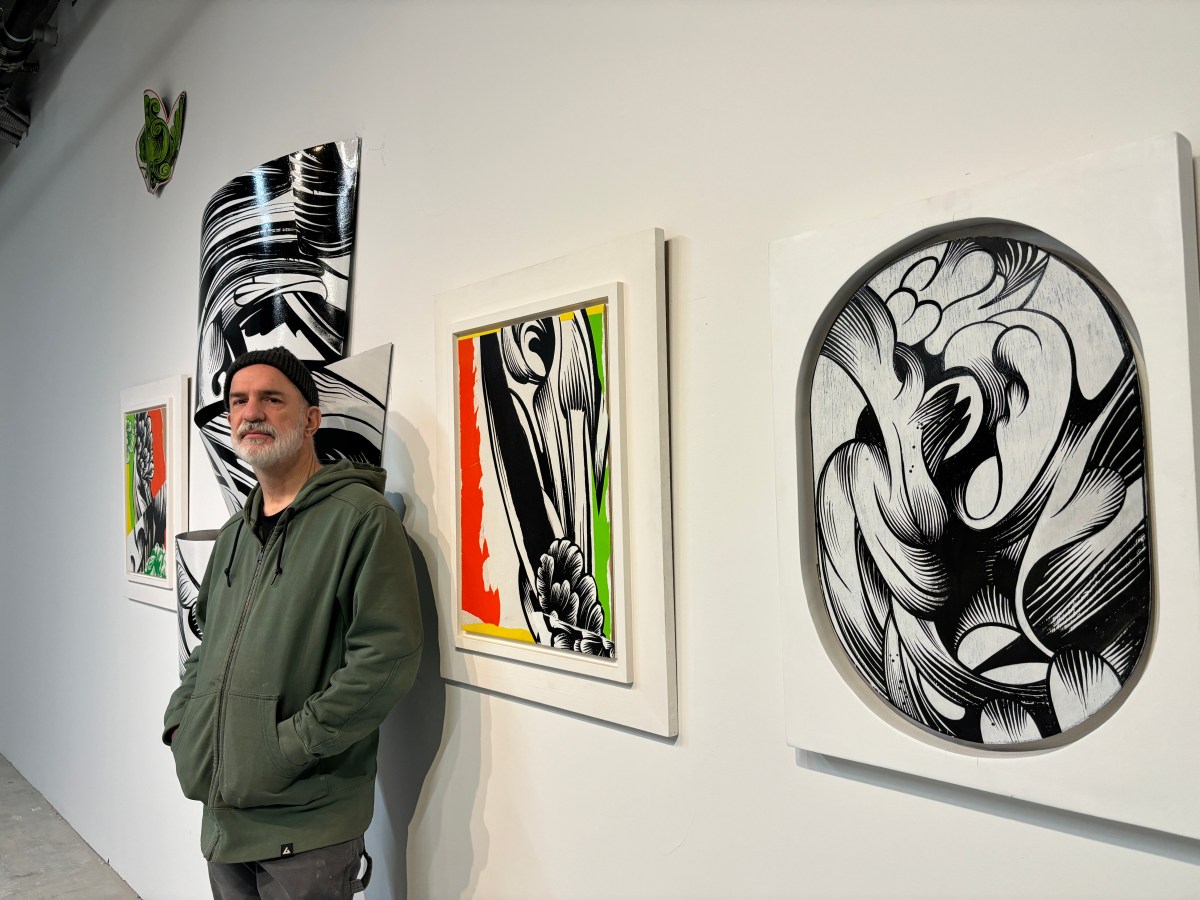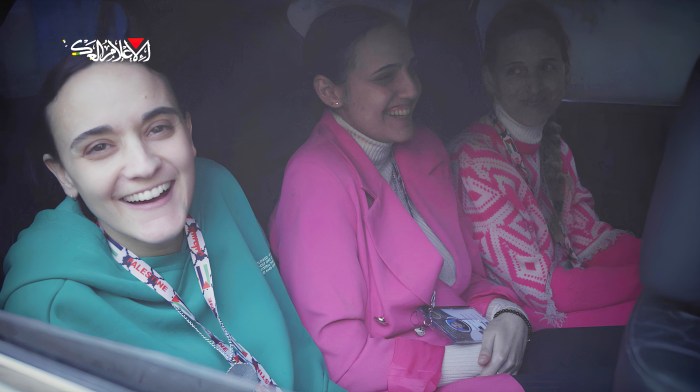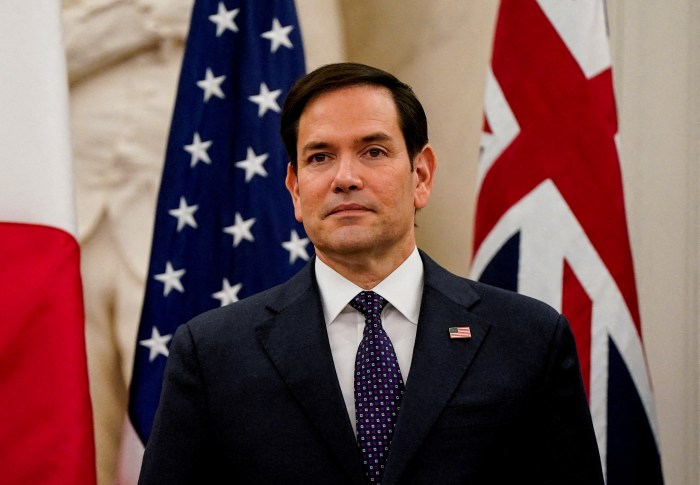
From the patter of pickup basketball games to the viscera of a Times Square dive bar, there’s an authenticity to Dana Czapnik’s novel “The Falconer” that can only come from growing up in the city. Czapnik did, on the Upper West Side, and that native experience imbues every page of her lively debut.
The heart of the story is 17-year-old Lucy Adler, a high school senior most comfortable when she’s on the basketball court. Coming of age in 1993, Lucy deals with a lot of the issues facing girls and women today — struggles with body image, trying to fit in, dealing with first crushes — but in a society that was even more backward in its concept of equality.
“It’s hard to imagine now, because the ‘90s don’t seem that far away,” Czapnik, 39, said. “But in some ways, especially culturally, they really, really are.”
amNewYork spoke with the writer.
How did you end up an author?
I started off wanting to be a sports writer when I first graduated college, and I did that for a while . . . but wound up actually sort of switching sides. I say I went to the dark side because I started working in sports PR and marketing. I loved every moment . . . but I missed writing the entire time. Finally, I got the guts to apply for an MFA [Hunter, 2014] and decide to completely shift my life around.
Where did Lucy come from?
I have always wanted to read a novel that had a female athlete at its center. I’d never read a novel like that . . . but I also wanted her identity as an athlete to be sort of ancillary to what the larger story is — a woman coming into herself during an era when so much of the world is open to her, but also there are still old-fashioned ideas of what womanhood is that persist.
You write very evocatively about basketball. Did you play?
I did play basketball, but I was not a good basketball player the way Lucy is. At all. I played for a tiny, tiny high school team, and I did not play in college. My hoop dreams were total fantasies, not like hers . . . But who wants to read about a crappy athlete?
Where do you see a strong character like Lucy fitting into the current cultural discussion?
Whether it becomes part of the conversation we’re having now, which is actually really interesting if it does, is only because the story is true to what the experience of growing up a young woman is . . . . But my intention was for the book to sort of be in conversation with feminism, because it’s not an easy thing, to be the perfect feminist all the time, and I think Lucy is wrestling with that.
The book reads in part like a love letter to the city as it was. Do you miss the New York City of the ’90s?
I grew up on the Upper West Side, so I know this [neighborhood] very much by heart. I loved New York at that time. And I miss it greatly. New York is still New York . . . but I feel very fortunate to have come of age in New York in the ’90s. It was a cool time in the city.





